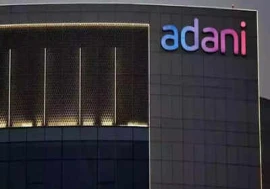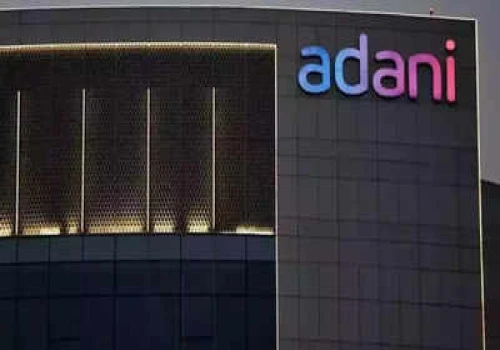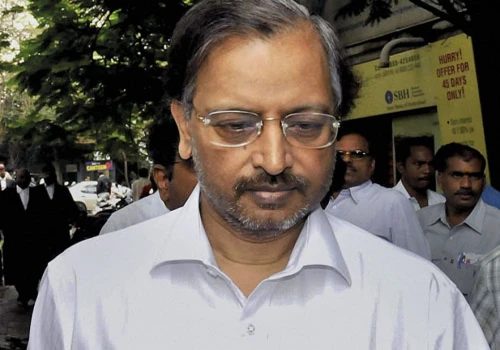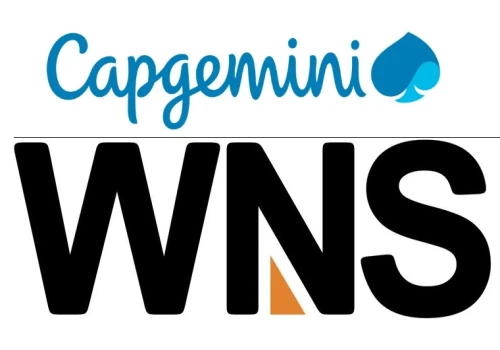
The Securities and Exchange Board of India (Sebi) has granted approval to Crisil ESG Ratings & Analytics as a Category 1 provider of environmental, social, and governance (ESG) ratings. This approval signifies a critical development for ESG integration within the Indian financial market and underscores the growing importance of sustainable investing practices.
Crisil, a leading credit rating agency in India, established its ESG Ratings unit in 2021. The unit has since expanded its reach to cover over 1,000 companies across 65 diverse sectors. Previously, ESG ratings were offered by Crisil as part of its comprehensive rating services. However, with SEBI's approval, Crisil ESG Ratings & Analytics will now function as a dedicated entity.
Amish Mehta, Managing Director and CEO of Crisil Ltd, applauded the approval's timeliness, coinciding with a period of enhanced ESG disclosure practices and a heightened awareness within the financial sector regarding the need for independent ESG ratings. He emphasized the significance of these ratings in empowering informed decision-making for both issuers and investors, ultimately channeling investments towards fostering sustainable economic growth in India. Sebi's regulations mandate that foreign ESG rating agencies seeking to operate in India must also obtain SEBI certification. This regulation aims to establish a framework ensuring transparency, credibility, and practicality within ESG rating methodologies specifically tailored to the Indian context.
ESG ratings evaluate a company's sustainability practices and ethical considerations across environmental, social, and governance aspects. These ratings serve as valuable tools for asset managers and investors seeking to align their investment portfolios with their ESG criteria. Crisil's ESG scoring methodology incorporates over 500 unique data points encompassing environmental impact, social responsibility factors, and governance practices. This unique framework considers industry-specific nuances while adhering to globally recognized best practices.
As per Sebi's regulations, all accredited ESG rating agencies are obligated to publish their ESG ratings evaluation methodologies on their official websites. This disclosure requirement necessitates a delicate balance between transparency and safeguarding proprietary or confidential information within these methodologies.
The published methodologies must explicitly outline the weightage assigned to each ESG category (environmental, social, and governance) within the ratings. Additionally, the significance accorded to overarching themes and critical issues within each respective category must be clearly delineated.
Sebi's regulations further stipulate that the principal shareholder of an ESG rating agency must hold a minimum ownership stake of 26% for at least five years following the grant of regulatory approval. This requirement aims to ensure long-term stability and mitigate potential conflicts of interest within ESG rating agencies. Crisil's ESG Ratings unit receiving SEBI approval represents a significant milestone in India's journey towards integrating ESG considerations into mainstream financial practices. This development is poised to empower investors with ESG-focused decision-making tools, ultimately contributing to a more sustainable and responsible financial ecosystem in India.












